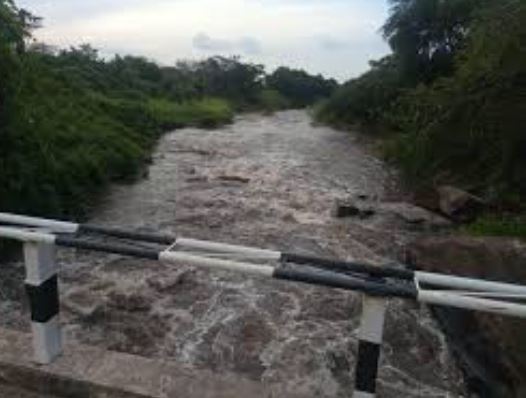The inhabitants of Torit County’s Himodonge Payam in Eastern Equatoria State on Wednesday engaged with government officials on Wednesday to discuss the feasibility study for the Kinyeti Multi-Purpose Dam Project. The meeting, held at Africa Primary School in Otose Boma, brought together representatives from the national Ministry of Water Resources and Irrigation (MWRI), the state Ministry of Lands, Housing, and Public Utilities, and other stakeholders.
This happened during a stakeholders’ meeting regarding the Kintei Multi-purpose Development Project held at Africa Primary School in Otose Boma.
The project, part of the larger Regional Climate Resilience Program (RCRP) Phase 1, is funded by the World Bank with a total budget of USD 215 million for South Sudan. The proposed Kinyeti dam is intended to support hydropower generation, water supply, and irrigation for food production. The feasibility will assess the technical, environmental, and social viability of constructing a dam 15-20 kilometers upstream of Torit town.
During the meeting, local residents voiced concerns about the project’s impact on their livelihoods and environment. Himodonge youth leader Gabriel Oburak emphasized the need for community awareness regarding both the benefits and potential risks of the dam. “We need to know how this project will affect our community and what benefits we can expect,” Oburak stated. “The survey done earlier did not involve local people, which led to mixed reactions. Now that you have come to consult us, we are open to discussions.”
Similarly Osuru Peter, another local youth, questioned the project’s prioritization of electricity and water over other pressing community needs. “We already have water. As a community, we are not against electricity, but we want to understand why this project is being initiated and what direct benefits we will gain,” he said.
Meanwhile, Magret Diana Avelino, the leader of the women in Himodong Payam, expressed environmental concerns, particularly regarding the river’s natural flow. “If this dam blocks our river, we will not accept it. But if it is constructed while allowing the river to continue flowing, we have no problem,” she explained.
Gobi Moilinga, RCRP project manager and the team leader of the delegation from the National Ministry of Water Resources and Irrigation (MWRI), assured the community that the government will conduct thorough studies to assess the project’s feasibility and potential impacts.”The results of the study will be presented at a later stage, and we will continue to engage stakeholders at the state, county, and local community levels,” Moilinga said.
Eastern Equatoria state officials also underscored that the feasibility study will provide detailed insights into the project’s benefits, potential impacts, and mitigation strategies.
Key Resolutions from the Meeting
- Approval to Proceed with the Feasibility Study
- Stakeholders and community representatives endorsed the study to evaluate the dam’s viability.
- Community Involvement in the Study Process
- The study will be conducted inclusively, ensuring active local participation.
- Transparency in Findings
- Results will be shared with all relevant stakeholders, including the Himodonge community.
- Continued Stakeholder Engagement
- Regular updates and consultations will be maintained throughout the study phase.
With these resolutions in place, MWRI and its consulting team will now proceed with the feasibility study while ensuring continued engagement with local stakeholders.




